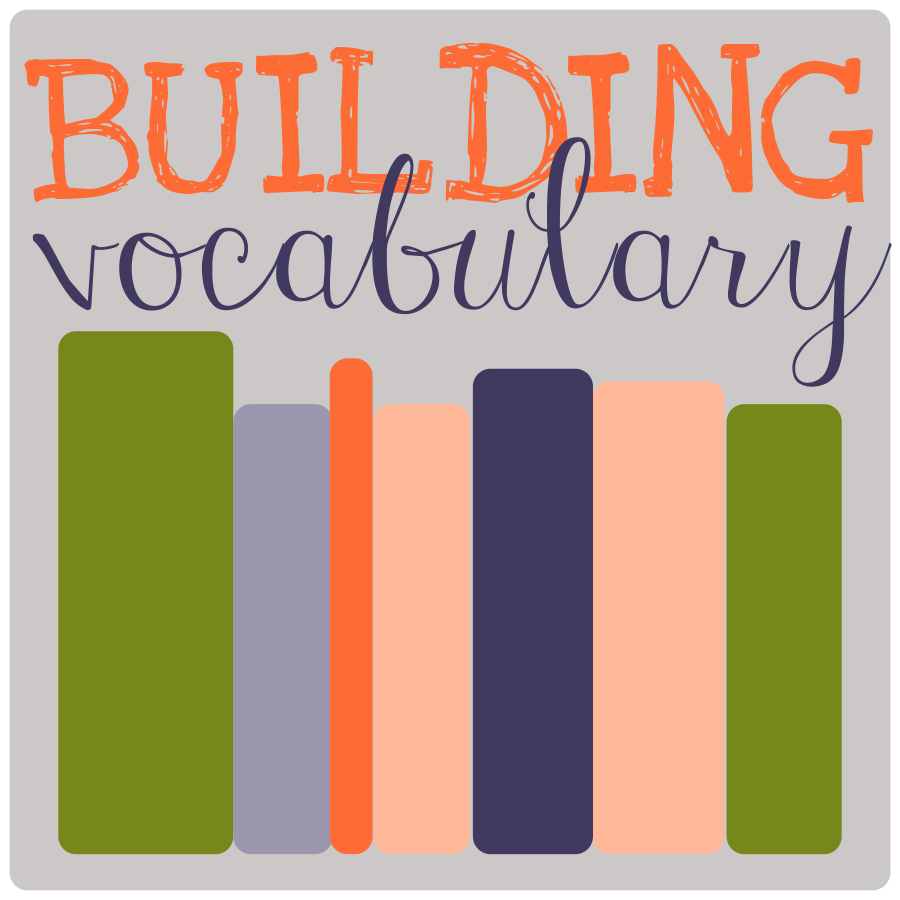

I would also argue this is not always the best way to embed deep understanding of a word and help students become fluent in the language of science. However, this can take a considerable amount of time and, with the pressure to teach content and concepts, we can feel limited in the time we can allocate to this. Here are some ways that teachers will help children to build their. Thats what building a vocabulary is - seeing a new word, researching what it means, and tucking it away to use later. Teachers typically encourage children to read widely and research. So how can we introduce key vocabulary in science? Many of us display keywords at the beginning of a lesson, and encourage students to write down the meaning of the words. Vocabulary building skills are what children need to develop their growing vocabulary. It was then that I became aware of how students had to learn the meanings of an inordinate number of words just to be able to access the science they were learning. Cue many hours collating science words and definitions. Word building You read a sentence or text and have to change the form of a word from a noun to an adjective, or from a verb to a noun. Throughout my teaching career I have been fascinated by the complex language of science and as a fledgling science teacher I was the KS3 science literacy coordinator. This quote is a particular favourite of mine as it highlights the importance of the scientific language we use as teachers to explain the natural world to our students.

It is a way of talking about planets and stars,’ wrote Neil Postman in Teaching as a Conserving Activity (1979). These intentional vocabulary learning strategies can be efficiently and effectively implemented using Read Naturally’s program Take Aim at Vocabulary. It is language about plants and animals … Astronomy is not planets and stars. Take Aim at Vocabulary: Build Vocabulary in the Middle Grades.


 0 kommentar(er)
0 kommentar(er)
